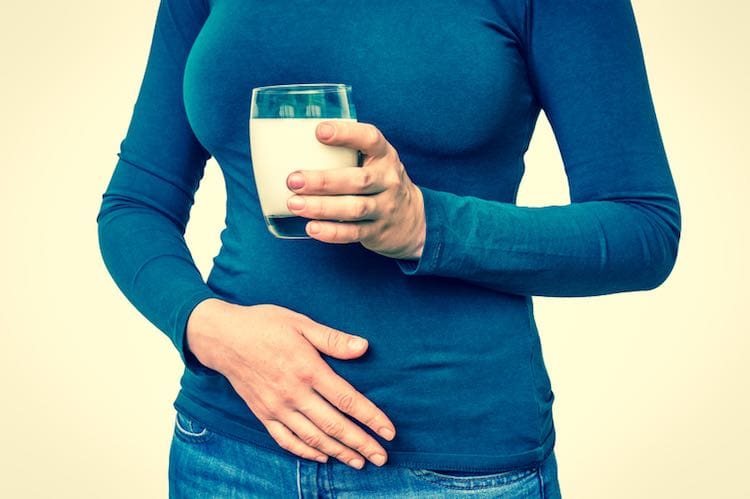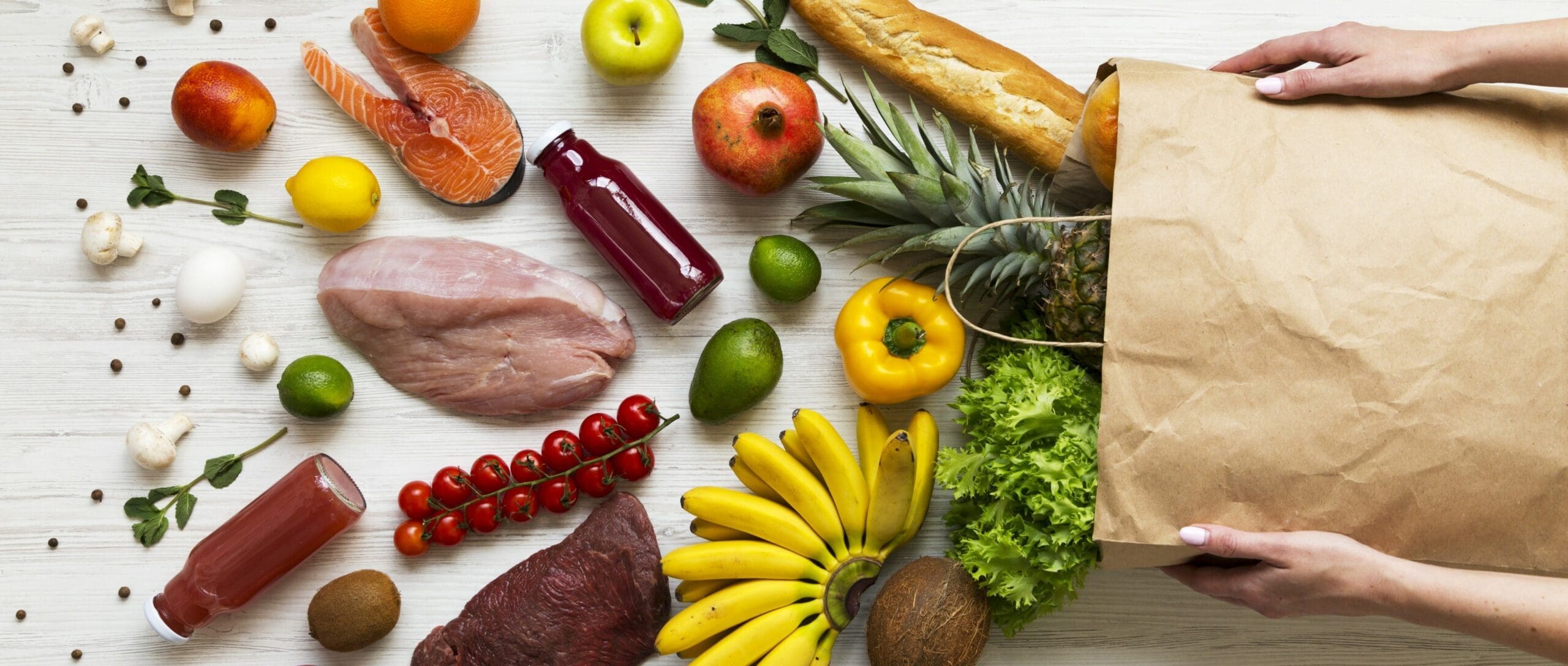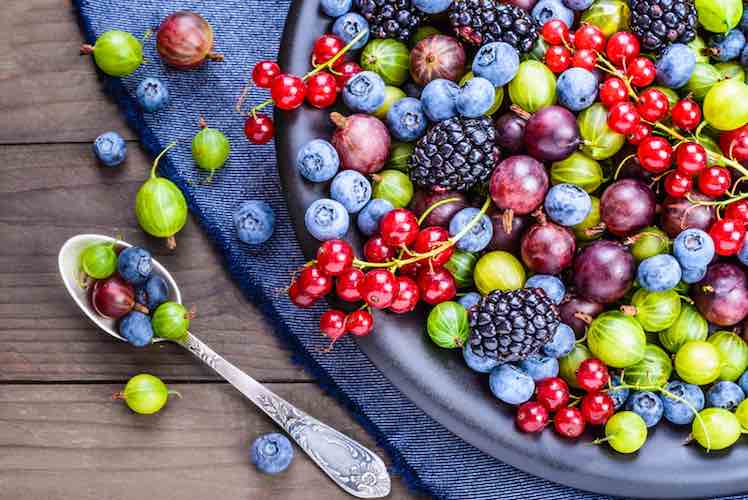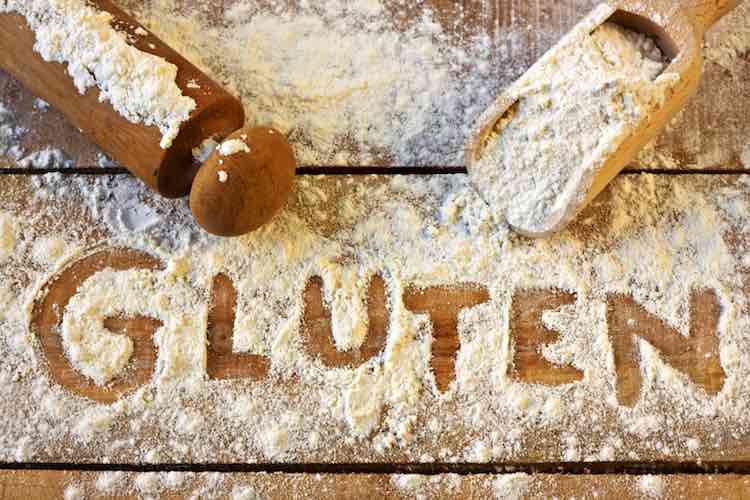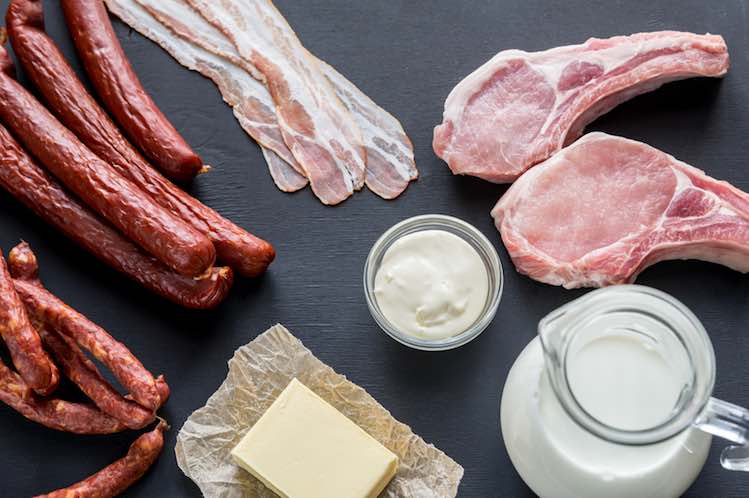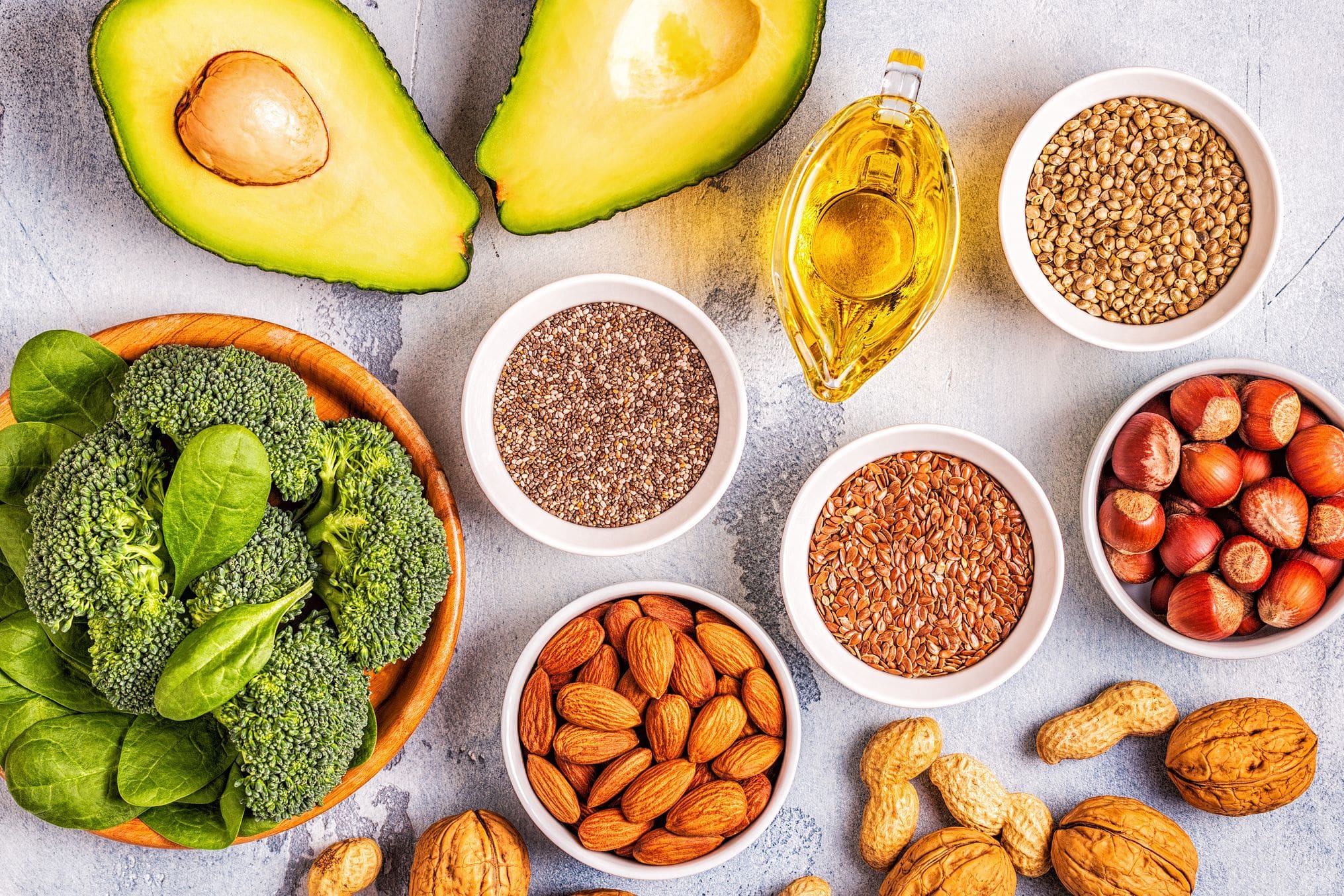The average person can survive for 40 days without food, but most people will die if they go for more than 72 hours without a drink.
diet
Vitamins
Vitamins are chemical substances that our body needs for good health. Fat soluble vitamins are not affected by cooking, but water soluble vitamins can be lost in the cooking process.
Lactose intolerance
Lactase deficient people do not have enough lactase, the enzyme that helps break down lactose and they suffer from lactose intolerance. The main symptoms of lactose intolerance are bloating and wind.
Dietary guidelines for healthy eating
The Australian Dietary Guidelines are designed to give you enough of the nutrients essential for good health and reduce your risk of some diseases.
Vegetarian diet
A well-planned vegetarian diet can meet nutritional needs for good health, however, there are some potential dietary traps.
Antioxidants: their role in health
Antioxidants neutralise the effects of free radicals, substances that damage the body`s cells, and have a role in disease prevention.
Achieving and maintaining a healthy weight
Even losing 5-10 per cent of your bodyweight if you are overweight or obese can have a beneficial effect. Find out how to lose weight and keep it off.
Gluten and gluten-free diet
Find out the importance of a gluten-free diet for people with coeliac disease and discover which foods contain gluten and which do not.
Saturated fat
Saturated fats are usually solid or waxy at room temperature and some saturated fatty acids can increase your cholesterol level and put you at increased risk of heart disease.
Unsaturated fats
Unsaturated fats (monounsaturated and polyunsaturated fats) are healthy fats which can lower the risk of heart disease.



